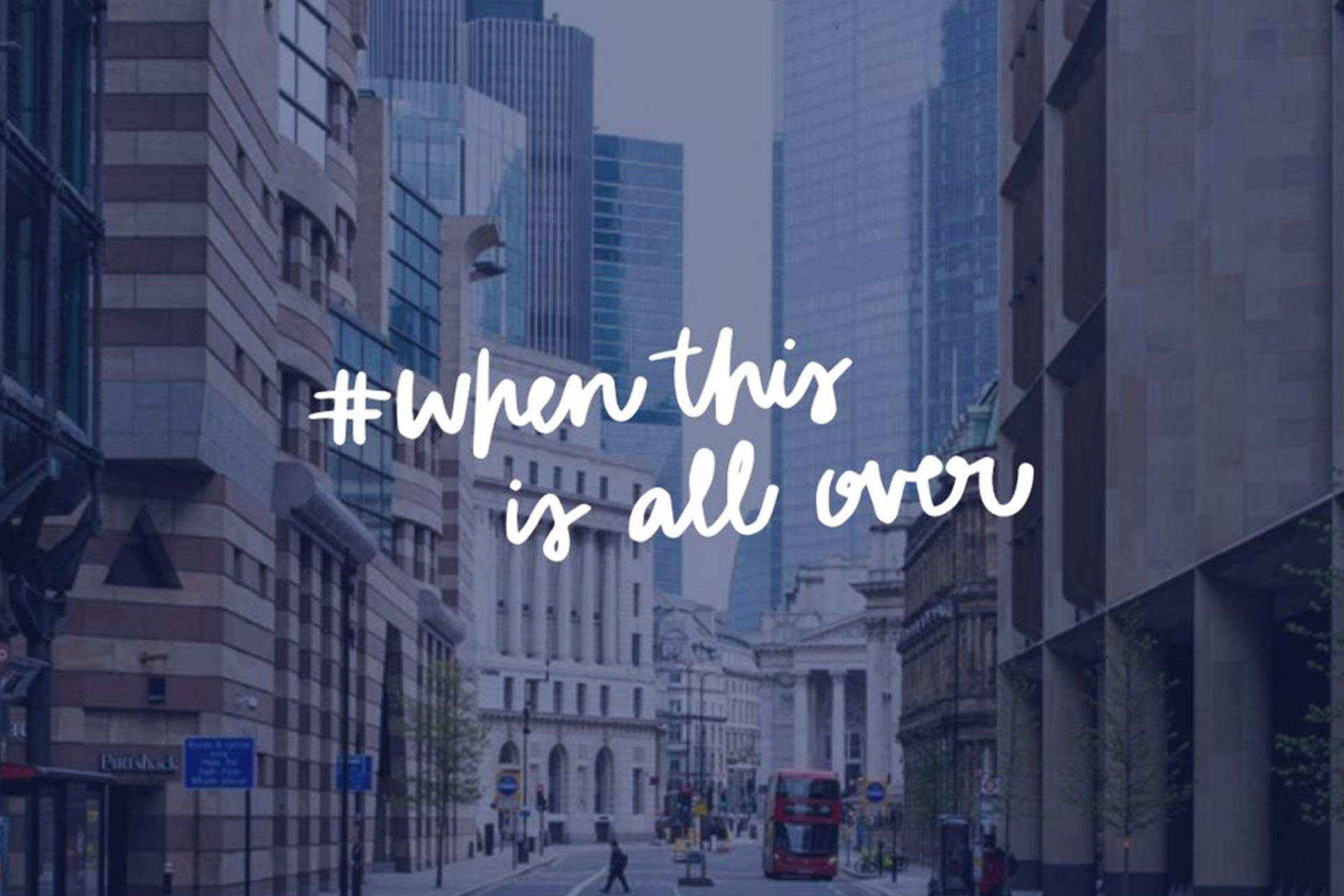Professor of Planning, Samer Bagaeen, has recently written a piece as part of a collaborative publication created by The London Society, ‘When this is all over – what do we do then?’.
Following the first UK lockdown in March 2020, The London Society invited members and industry professionals to share their thoughts in response to the potential changes to London as a result of the Covid-19 pandemic. They asked some important questions: “What will happen when this is all over? What is to become of our high streets? How do we pay for the costs of the lockdown? Will London continue to grow, or will cities and urban life become less popular again? How will remote working play out – will we need as many big, shiny corporate towers? And how will we choose to live – tiny apartments in vertical developments are fundamentally less attractive than a year ago.”
Their latest issue is a collection of their responses and thoughts, including an article by MA Urban Planning and Resilience Programme Director, Samer Bagaeen. In his piece, Professor Bagaeen writes about how industries should look at shifting to zero carbon emissions, and how usage of hydrogen, like solar and wind will ‘drive down the price’ of the commodity. Samer also shares his history working in resilience and the value of investing in the future: “Systems thinking can provide a foundation to assess resilience by considering a system’s – and a country’s – robustness, redundancy, and resourcefulness of people and government (local and national), response to the crises, and recovery trajectory.” Professor Bagaeen also discusses the economic crisis behind the public health crisis, and the future of electric vehicles. You can read Samer’s full article on pages 30 and 31 of the issue.

